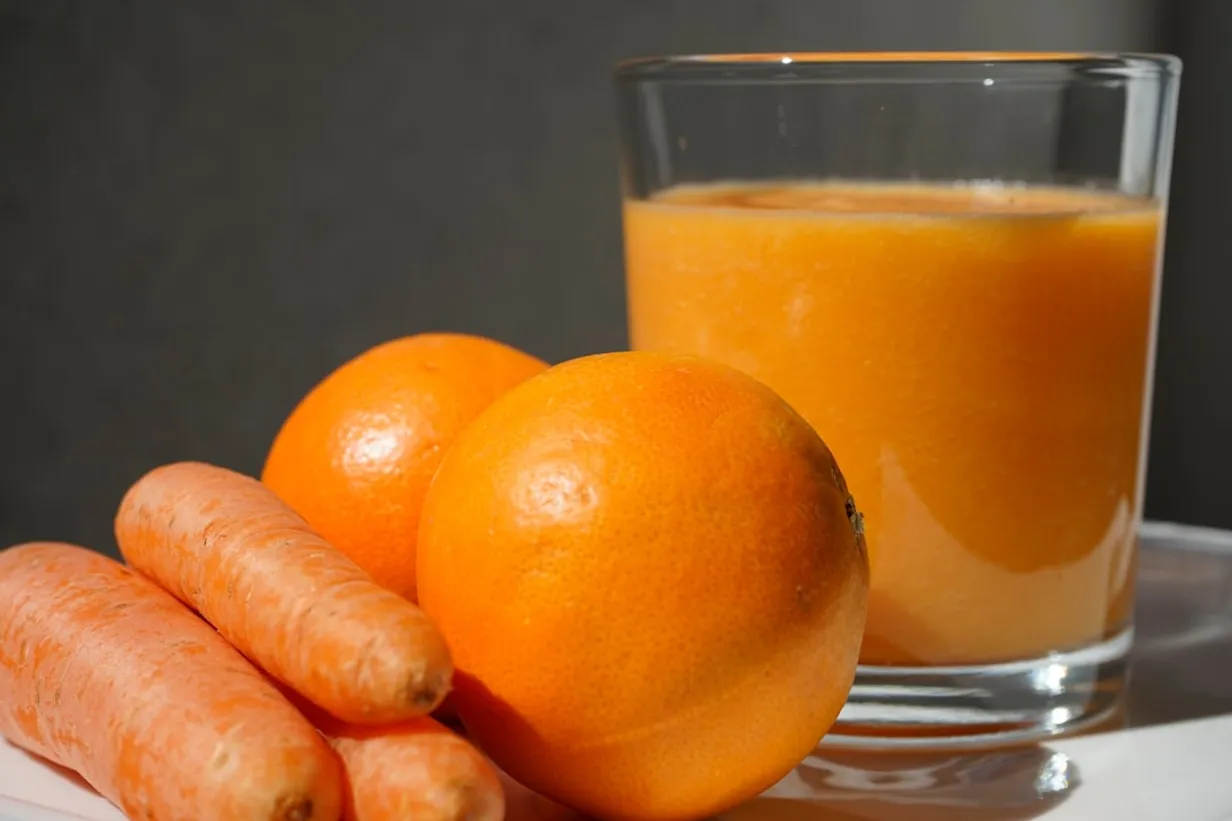
Understanding Antioxidants: An Essential Component of Nutrition
Antioxidants are compounds that help protect the body's cells from damage caused by free radicals — unstable molecules produced by environmental stressors like pollution, UV radiation, and certain foods. A diet rich in antioxidants is linked to numerous health benefits, including reduced inflammation, enhanced immune function, and lower risk of chronic diseases.
Health Benefits of Antioxidants
Incorporating antioxidants into your diet can offer several significant health benefits:
- Reducing Inflammation: Antioxidants can help reduce inflammation in the body, which is a risk factor for many chronic diseases including heart disease, diabetes, and arthritis.
- Boosting Immune System: By neutralizing free radicals, antioxidants boost the immune system, helping the body fend off infections and illnesses more effectively.
- Improving Skin Health: Antioxidants such as vitamins C and E play a crucial role in maintaining healthy skin by preventing damage caused by environmental factors.
- Supporting Heart Health: Certain antioxidants, like flavonoids found in dark chocolate and berries, can improve heart health by enhancing blood flow and reducing blood pressure.
- Preventing Chronic Diseases: A diet high in antioxidants is associated with a lower risk of chronic diseases, including cancer and neurodegenerative disorders like Alzheimer's disease.
Top Dietary Sources of Antioxidants
Eating a variety of antioxidant-rich foods is the best way to harness their benefits. Below are some top sources to include in your diet:
Fruits and Vegetables
Fruits and vegetables are among the best sources of antioxidants. Some of the most notable include:
- Blueberries, Strawberries, and Raspberries: These berries are rich in antioxidants such as anthocyanins and vitamin C.
- Spinach and Kale: Leafy greens are packed with vitamins A, C, and E — all powerful antioxidants.
- Tomatoes: High in lycopene, an antioxidant linked to reduced risk of certain types of cancer.
- Carrots and Sweet Potatoes: High in beta-carotene, which the body converts into vitamin A.
Nuts and Seeds
Nuts and seeds not only provide healthy fats and proteins but also are a good source of antioxidants like vitamin E:
- Almonds and Walnuts: Provide vitamin E and polyphenols.
- Chia Seeds and Flaxseeds: Rich in antioxidants and omega-3 fatty acids.
Herbs and Spices
Herbs and spices are often overlooked sources of antioxidants:
- Turmeric: Contains curcumin, a potent anti-inflammatory compound.
- Cinnamon: Packed with polyphenols, which have strong antioxidant properties.
- Oregano: Offers a high antioxidant activity due to its rosmarinic acid and thymol content.
Tips for Incorporating Antioxidants into Your Diet
Adding antioxidants to your diet doesn't have to be complicated. Here are some practical tips:
- Eat a Rainbow: Include a variety of colorful fruits and vegetables in every meal.
- Snack Smart: Swap processed snacks for antioxidant-rich nuts and seeds.
- Spice It Up: Use herbs and spices not only for flavor but also for their health benefits.
- Drink Green Tea: This beverage is rich in antioxidants and can be a healthy replacement for sugary drinks.
- Opt for Dark Chocolate: Enjoying a small piece of dark chocolate (70% cocoa or higher) can be a delightful and beneficial treat.
Conclusion
Antioxidants play a pivotal role in maintaining overall health and protecting against various diseases. By understanding their benefits and incorporating antioxidant-rich foods into your diet, you can enhance your well-being and lead a healthier lifestyle. Remember, the key is variety and balance, ensuring you get a broad spectrum of antioxidants from different food sources.
Top Adult Health Articles
Check out the most popular articles among our readers, featuring trusted advice and actionable insights on adult health.


Related Posts
View All
Innovative Strategies for Managing Type 2 Diabetes



